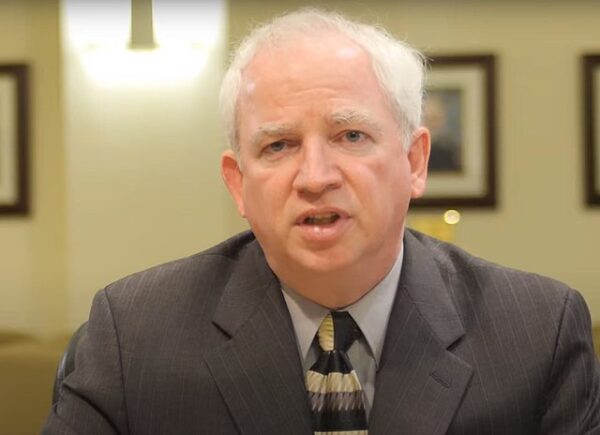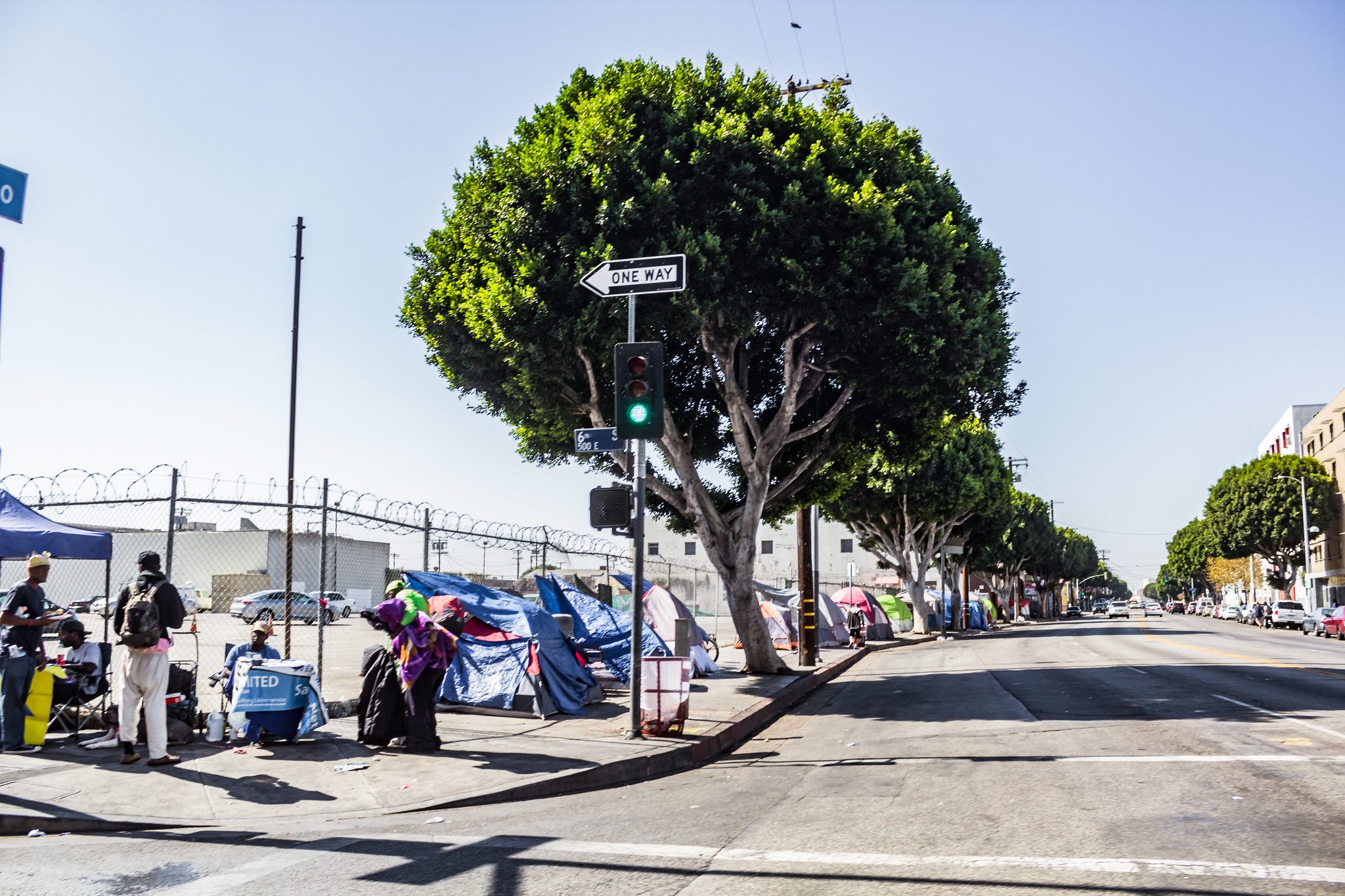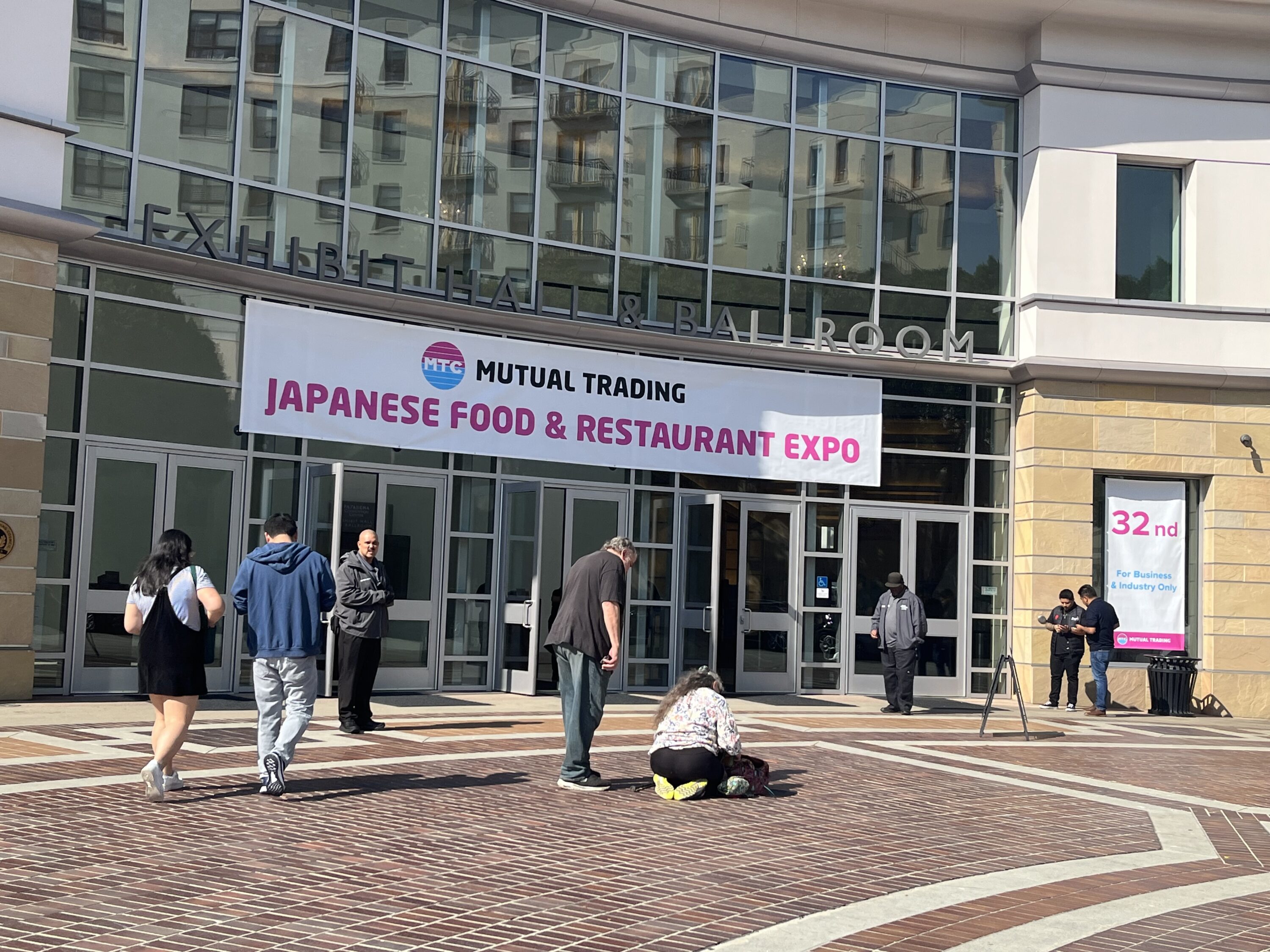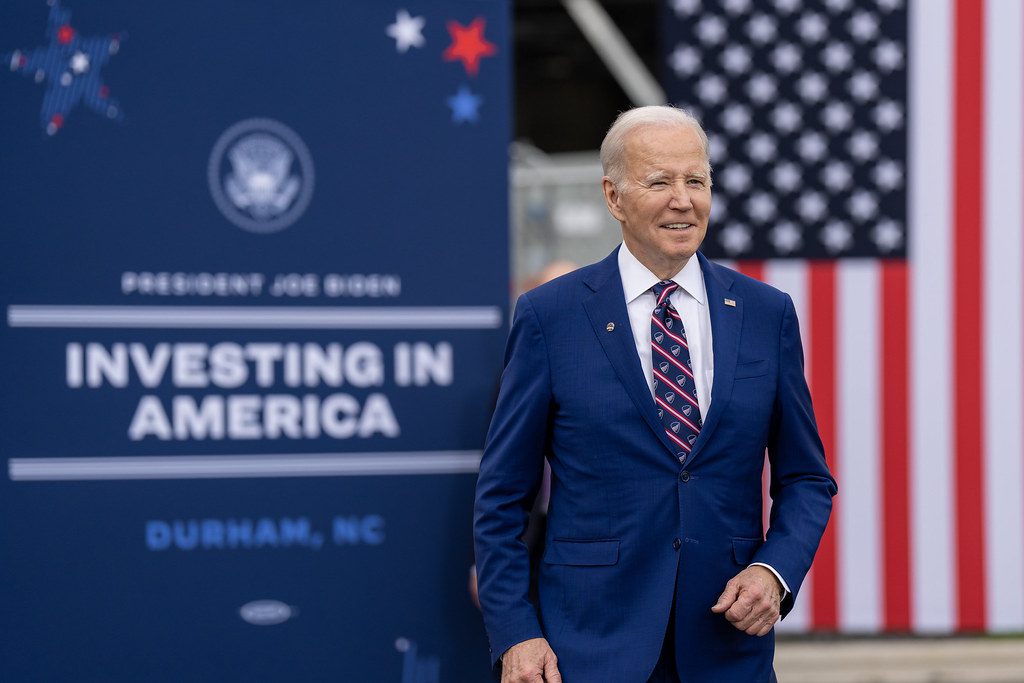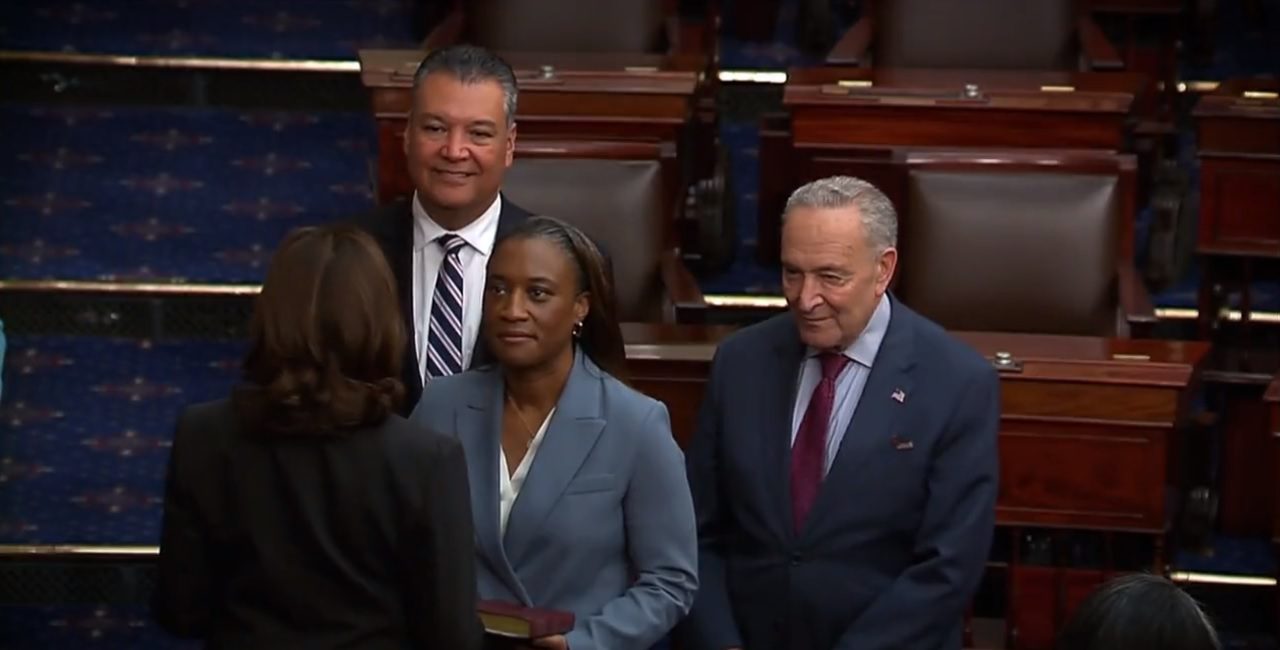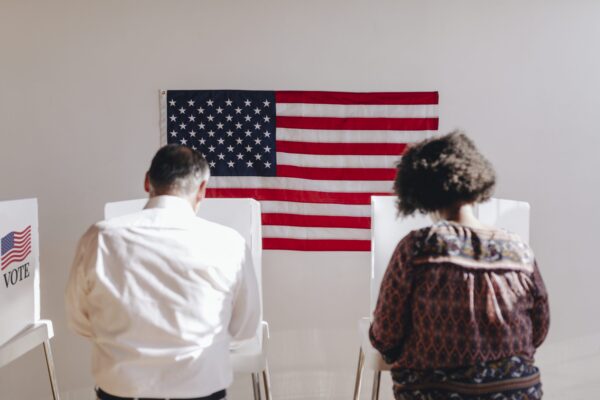The U.S. Supreme Court Monday denied a petition for an appeal brought by former Chapman University law school dean John Eastman regarding his lawsuit, which unsuccessfully sought to block the congressional committee investigating the Jan. 6 unrest from obtaining Eastman’s emails he left behind on the university’s server.
U.S. District Judge David O. Carter overruled Eastman’s attorney-client privilege as former President Donald Trump’s attorney as he cited a “crime-fraud exception.”
Last year, Eastman appealed to the 9th Circuit Court of Appeals regarding 10 of the emails that he argued should remain private under the privilege attorneys legally have with clients.
In his petition to the Supreme Court, Eastman argued that Carter’s ruling “created a stigma for (himself) and his client, the former president of the United States and current candidate for the presidency.”
Eastman’s attorney, Anthony Caso, said in an email, “We’re disappointed, of course, that the (Supreme Court) did not accept our request to correct this clear violation of its Munsingwear doctrine, which requires vacating lower court decisions that have become moot, through no fault of the party exercising his right to an appeal. But we also acknowledge that the Supreme Court is not a court of mere error correction. The Munsingwear doctrine is clearly established, and we remain of the view that the Ninth Circuit erred in refusing to vacate the erroneous district court decision.”
When Carter refused Eastman’s request for a hold on the ruling while he appealed, he asked for the 9th Circuit to intervene. Eastman argued that while that request was pending he provided a link to the documents to the Jan. 6 committee and asked for them to not be viewed while he appealed, he said.
“Defendants ignored (Eastman’s) request and distributed the emails to members of the committee,” Eastman argued. “Then, in a public filing, defendants published the link to the confidential documents which were downloaded by several reporters following the case, thereby mooting (Eastman’s) appeal. The Ninth Circuit subsequently denied (Eastman’s) motion to vacate the judgment of (Carter).”
Eastman was asking the high court “to review the judgment” of the 9th Circuit “denying a motion to vacate a judgment of the district court, which was rendered moot by action of the counsel for the congressional defendants.”
Supreme Court Justice Clarence Thomas recused himself from the case. Eastman once clerked for Thomas.
In his appeal to the high court, Eastman argued, “This case presents a question of exceptional importance. The District Court’s crime-fraud holding, which (Eastman) has described as `clearly erroneous’ when viewed in the context of numerous privileged communications, has cast aspersions not just on Dr. Eastman but also on his former client, the former president of the United States, who is a candidate for the office of president in 2024.”
Eastman added, “The ramifications, both political and legal, of such a holding are significant, and (Eastman), both on his own behalf and for his former client’s benefit, should not have to be subjected to those ramifications on an ongoing basis when he was deprived of his right to appeal by the unilateral actions of the government — the party that prevailed in the district court — that mooted the appeal.”
Eastman has since been charged in a racketeering case in the state of Georgia regarding attempts to overturn the election of President Joe Biden in 2020, and the former law school dean is also facing disbarment hearings in California.

